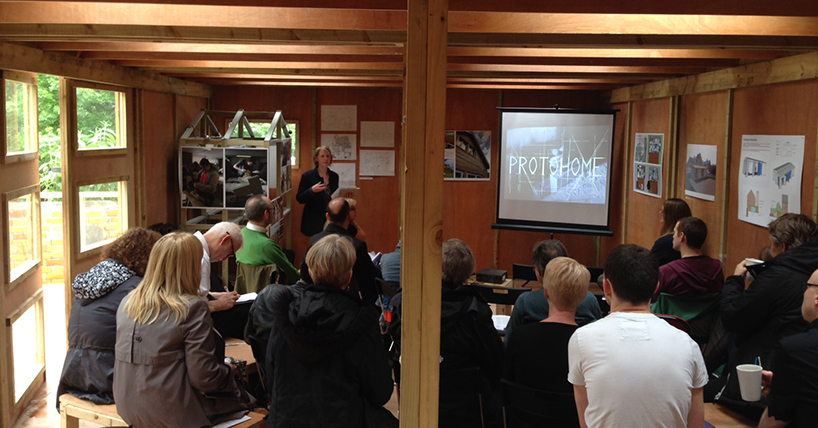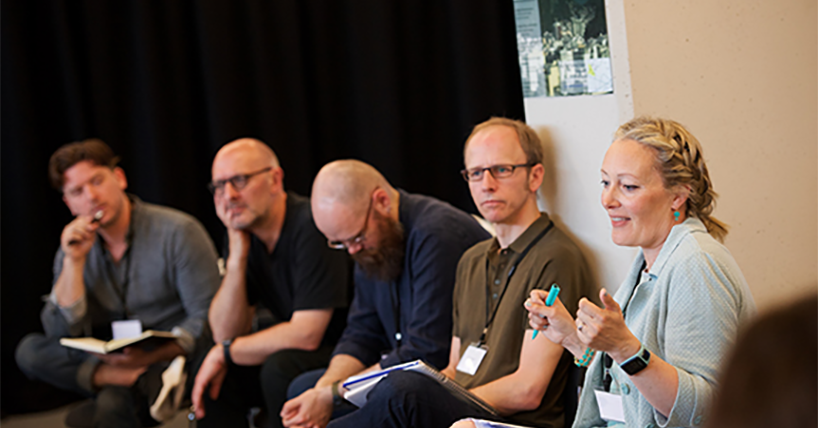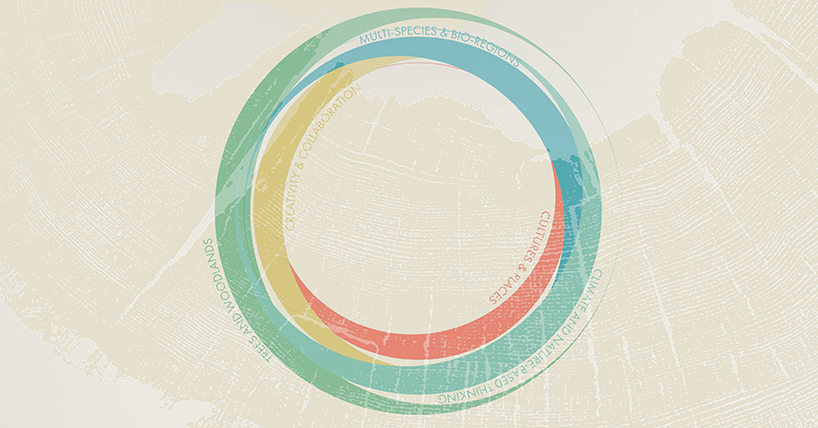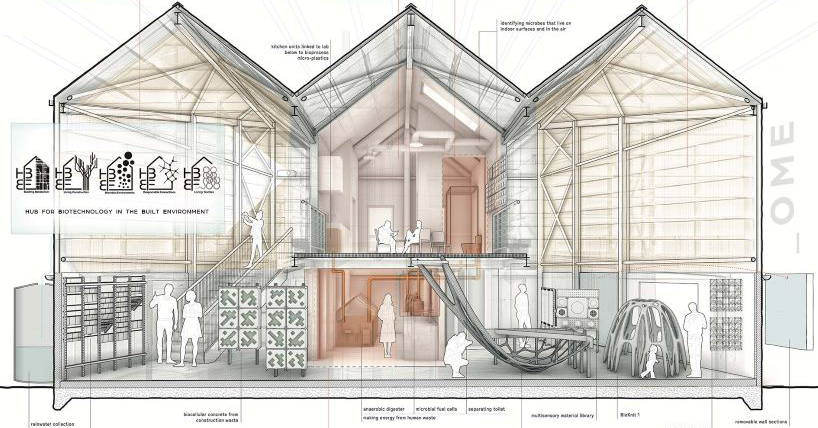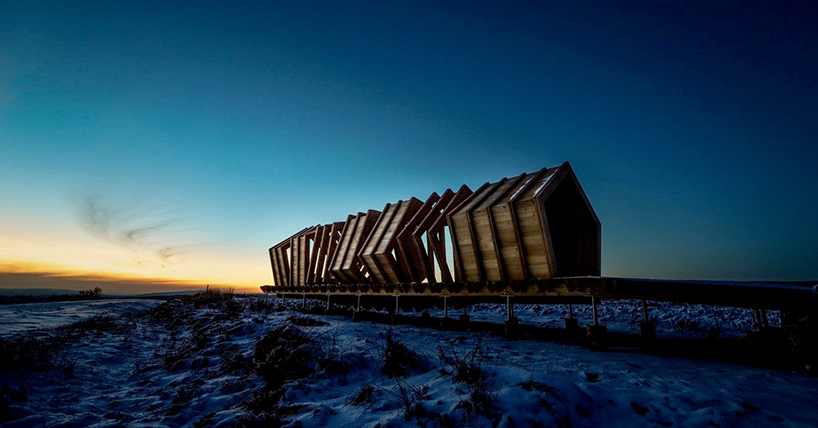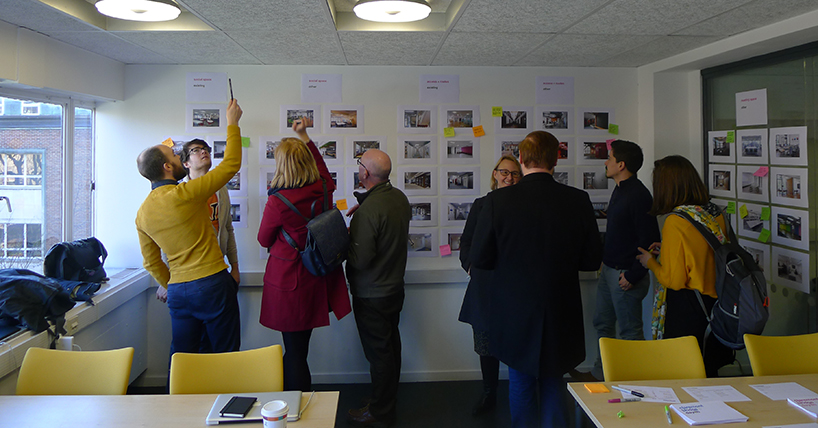Our Research
Our dynamic, diverse, inclusive and international research engages with key global problems concerning the built environment, tackling important issues in society and culture.
Our research spans the social sciences, humanities, creative practice, engineering, and biotechnology.
Much of our research crosses disciplinary boundaries to address important challenges, winning awards from international and national research councils, charities and governments. Our impactful work engages with diverse questions and audiences. We inform policymaking, professional practice, cultural life and industry. Our work is international, national and local, engaging with problems both specific to our place and shared by communities and cultures worldwide.
Research in the School clusters around four research groups: Architectural Research Collaborative (ARC), Global Urban Research Unit (GURU), The Landscape Collaboratory (TLC) and The Hub for Biotechnology in the Built Environment (HBBE).
Our Research Groups
ARC, GURU, TLC, and HBBE animate our research culture and promote our research to diverse audiences. They reflect the collective research expertise and interests of our academic staff. Our research centres hold regular public talks, events and exhibitions, symposia, conferences, and discussion and reading groups. This activity engages with diverse public, professional and academic audiences, promoting networking, and providing researchers with peer review support.
The School has a large and diverse population of postgraduate research students who are lively contributors to the activities of our research centres. This includes our weekly research and design seminar series. Our activities contribute to the research environment of the School and beyond. This is partly through our public lecture and events series.
We are also home to the leading academic journals: Journal of Environmental Planning and Management and arq: Architectural Research Quarterly, and the Editor-in-Chief of The Journal of Architecture is also based here.
We follow the Researcher Development Concordat. We enable all staff to fulfil their research potential regardless of career stage. This commitment secures our thriving research culture and vibrant research environment. Our offer to each individual and their researcher development involves: mentoring, annual research planning discussions, pooled research funding to support career development and research activities, peer review support for the development of research and innovation funding applications.
Research Groups
Our participation in groups and centres across the University enables and enlivens our research and the environment in which it takes place:
- Centre for Rural Economy
- UKRI GCRF Water Security and Sustainability Hub
- UKRI GCRF Living Deltas Hub
- UK National Innovation Centre for Ageing
- National Innovation Centre for Data
- Newcastle Urban Observatory
- Newcastle City Futures
- Newcastle University Centre for Cities
- Newcastle University Centre for Heritage
Research Excellence Framework (REF) 2021
Rapid urbanisation is placing huge demands on infrastructures, the climate and environment, the social fabric of cities and rural areas, revealing the interdependency and complexity of our world. This calls for a coalition of disciplines that can engage with and manage the built environment, reaching across creative practice, the humanities, social sciences and applied sciences to achieve world leading research, creativity and impact.
The School of Architecture, Planning and Landscape and the Centre for Rural Economy are delighted to see that our submission to Unit of Assessment 13 has been recognised for its sustained and collective excellence and growth, with a 63% increase in research power since 2014; and for its world leading research (44%).
Our performance helped Newcastle University improve its national research power ranking. Full information about Newcastle University’s performance in REF 2021
-min.png)
